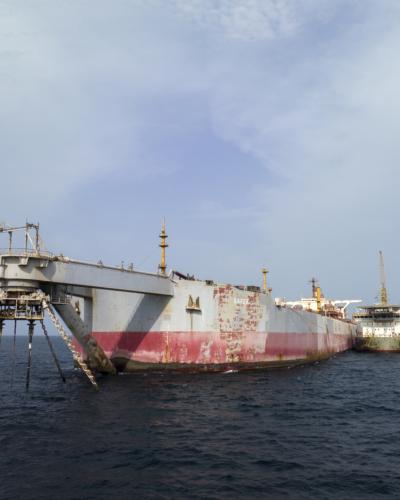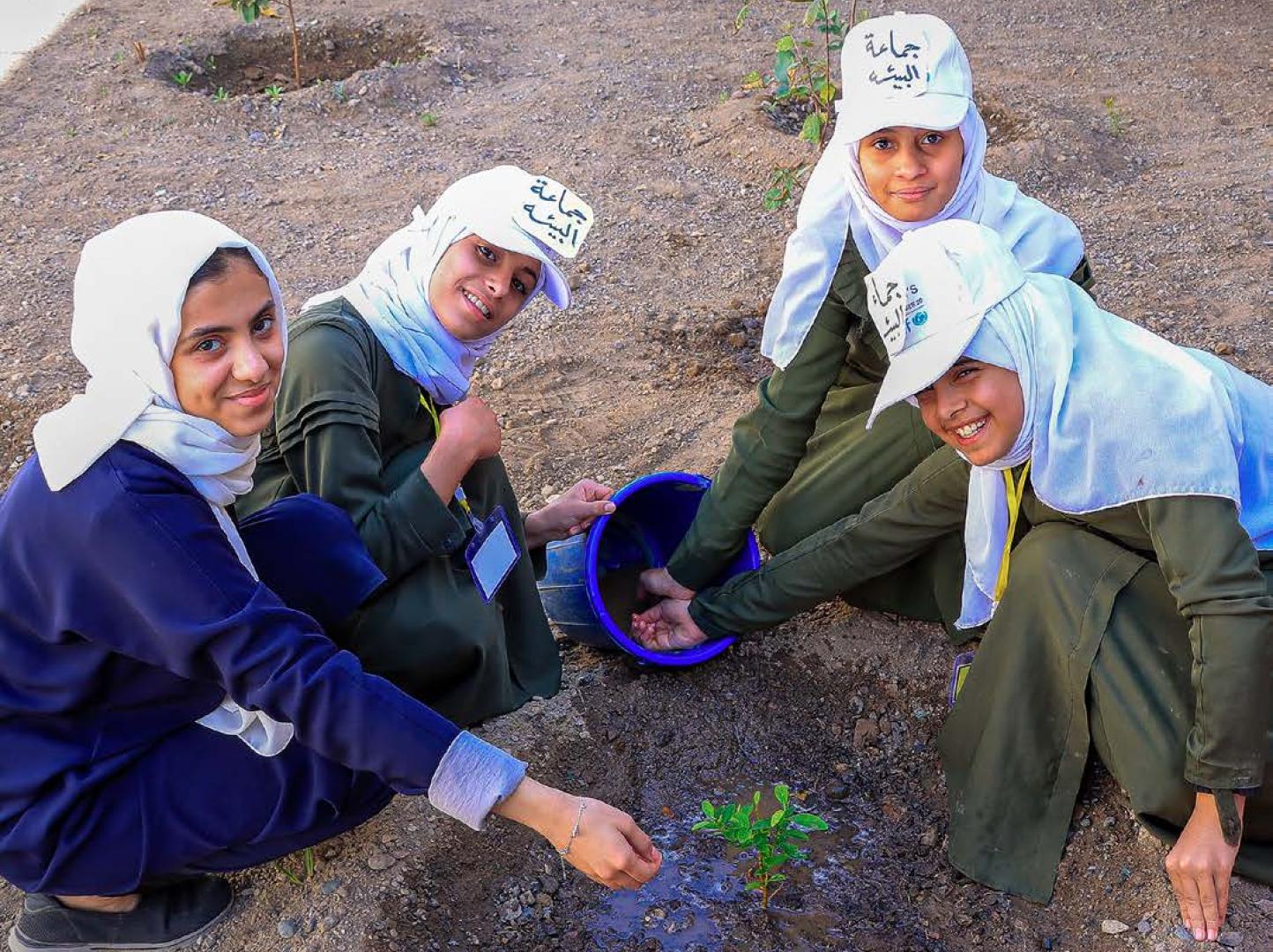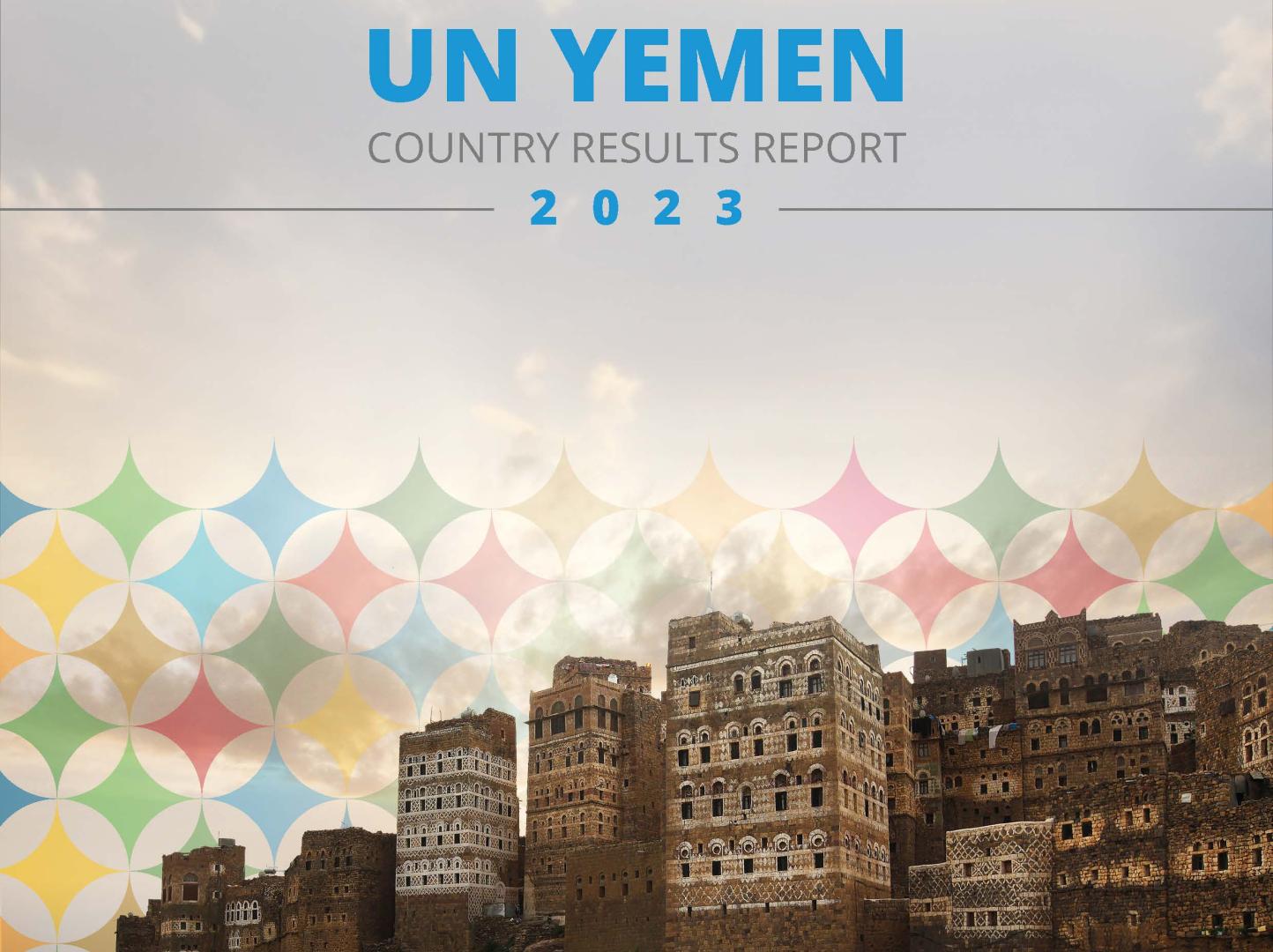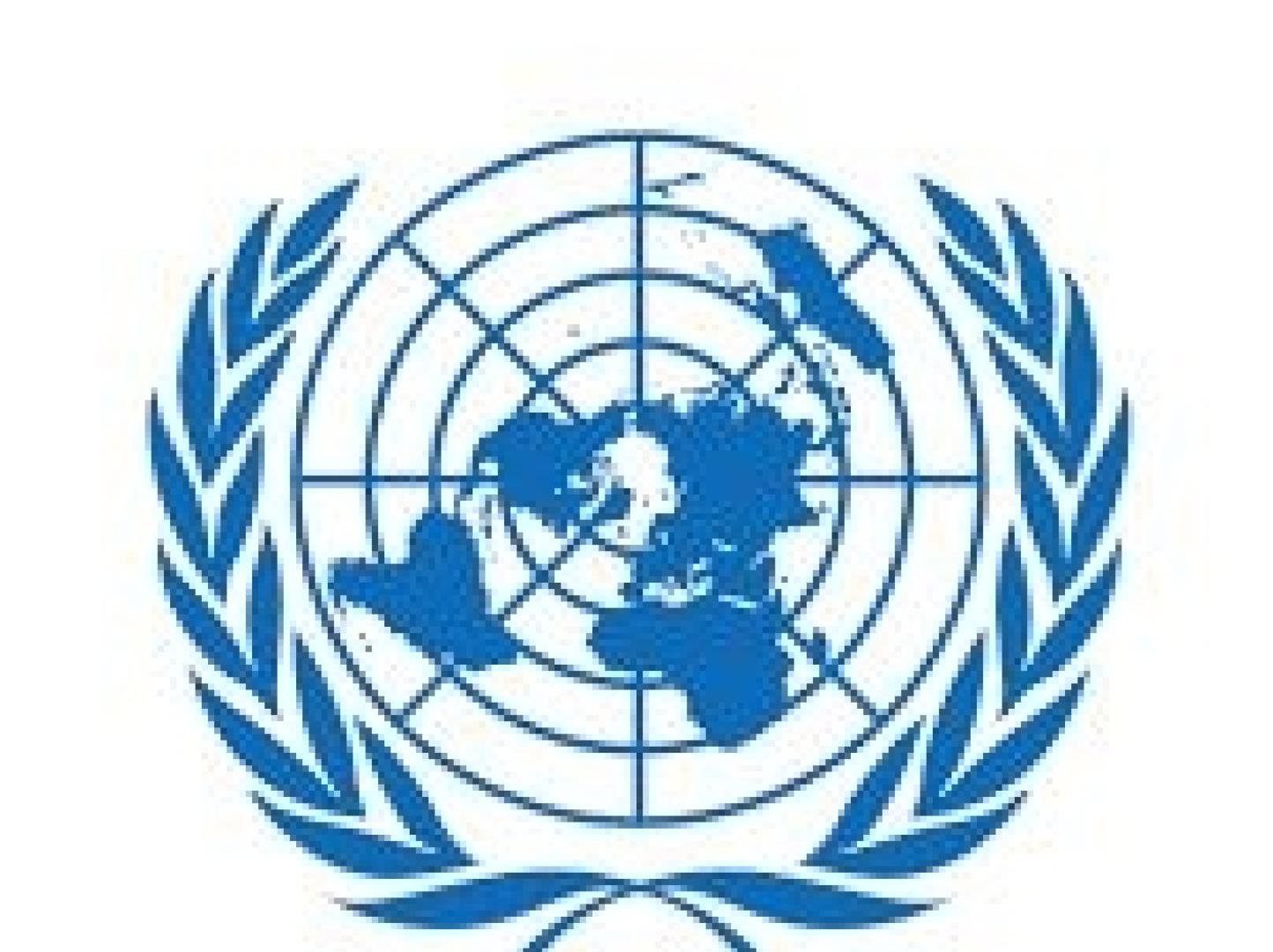UN PREVENTS CATASTROPHIC OIL SPILL IN THE RED SEA, CRITICAL WORK CONTINUES

After two years of political groundwork, fundraising and project development, a United Nations-led operation has prevented a massive oil spill in the Red Sea from the decaying FSO Safer supertanker. SMIT Salvage, a subsidiary of the leading marine service provider Boskalis, transferred More than 1.1 million barrels of oil from the 47-year-old Safer to the safe replacement vessel Yemen. SMIT was contracted by the UN Development Programme, which is implementing the project.
The UN is grateful to member states, the private sector and the global public for providing more than $121 million to make the oil transfer possible. But the Safer still poses a residual environmental threat. To finish the work, an additional $22 million is required. The UN counts on additional generous support to close the budget gap.
Background
Constructed in 1976 as a supertanker and converted a decade later to be a floating storage and offloading facility (FSO) for oil, the Safer is moored about 4.8 nautical miles off the coast of Hodeidah Governorate in Yemen.
Production, offloading and regular maintenance operations on the Safer were suspended in 2015 because of the war in Yemen. The vessel held more than a million barrels of oil while its structural integrity significantly deteriorated, putting it at risk of breaking apart. The systems required to pump inert gas into its tanks ceased functioning in 2017, resulting in a serious risk of explosion. The vessel is beyond repair.
The costs of a major oil spill
A major spill from the Safer would have surpassed national capacity and resources to respond effectively. It would have devastated fishing communities on Yemen’s Red Sea coast, wiping out 200,000 livelihoods instantly. Whole communities would have been exposed to life-threatening
toxins. A major oil spill would have closed the nearby ports of Hodeidah and Saleef – which bring food, fuel and lifesaving supplies into a country where 17 million people need food assistance.
The environmental impact on water, coral reefs, lifesupporting mangroves and other sea life would have been severe. Oil from the Safer could have reached the shores of Saudi Arabia, Eritrea, Djibouti and Somalia. Desalination plants on the Red Sea coast could have been closed, cutting
off a water source for millions of people.
Tourism would have suffered. Vital shipping through the Bab al-Mandab Strait to the Suez Canal could have been disrupted, costing billions of dollars per day. The cost of cleanup alone was estimated at $20 billion.
UN-coordinated plan to address the threat
Following earlier UN efforts to address the threat from the Safer in the highly politicized environment of the conflict, a commercial initiative began to emerge in mid-2021. First put forward by the Fahem Group, the initiative called for a leading maritime salvage company to transfer the oil off
the Safer and replace the decaying supertanker’s capacity.
In September 2021, United Nations senior management adopted the commercial initiative and instructed the UN Resident and Humanitarian Coordinator for Yemen, David Gressly to provide UN system-wide leadership on the Safer and coordinate all efforts to address the threat. After
discussions with relevant stakeholders, a draft UNcoordinated plan was put forward and endorsed by UN senior management in December 2021.
Since then, the UN has engaged closely with the Government of Yemen in Aden, which has maintained support for the initiative, including by pledging $5 million last year to the UN project to address the spill.
The Sana’a-based authorities, who control the area where the vessel is located, signed a memorandum of understanding with the UN on 5 March 2022, establishing a framework for cooperation in which they committed to facilitating the project’s success.
The United Nations Development Programme (UNDP) is implementing the complex project, which comprises:
• Contracting a leading global salvage company to inspect the FSO Safer and make it safe for the operation, transfer the oil into a replacement vessel, and ready the vessel to be towed away;
• Procuring and installing a catenary anchor leg mooring (CALM) buoy to which the replacement very large crude carrier will be connected as safe storage capacity; and
• Towing, scrapping and recycling the Safer.
Preparatory work began in late 2022. UNDP assembled a team of world-class technical expertise, including a marine management consultancy firm, maritime legal firm, insurance and ship brokers, and oil spill experts.
In March 2023, UNDP entered into agreement with Euronav to purchase a replacement vessel, which was subsequently modified for the operation. In April 2023, UNDP contracted SMIT Salvage.
Immediate threat averted
On 30 May, the salvage vessel Ndeavor reached the Safer site to begin the operation. The crew on the Safer cooperated closely with the salvage team. In Hodeidah, the Safer Technical Committee provided access, security and technical support and maintains a high level of coordination and cooperation with the UN operational team on the ground.
To stabilize the Safer and prepare it for the removal of the oil and eventual towing, SMIT’s work included:
• Thorough structural assessments of the hull, which confirmed that hull thickness levels are sufficient to withstand forces generated during the oil transfer;
• Pumping inert gas into the tanks to significantly reduce the risks of fire or explosion and continuous testing to ensure the atmosphere remained at a safe level;
• Preparation of portable transfer pumps and rigging of hoses and valves and repairs of the Safer’s manifold through which the oil flowed during the operation; and
• Prepositioning of oil spill response equipment.
UNDP, the International Maritime Organization and the UN Environment Programme secured high-level expertise to monitor the work and support Yemeni efforts in the event of an incident. The World Food Programme, UNFPA, UN Department of Safety and Security and UN Mission for the Hudaydah Agreement also provided expertise or operational support on the ground.
The oil pumping began on 25 July and was successfully completed on 11 August 2023. More than 1.1 million barrels of oil were transferred from the 47-year-old Safer to the replacement vessel Yemen (formerly Nautica).
The SMIT team subsequently washed the Safer’s tanks, assisted to cast the Yemen off from the Safer to the anchorage holding area pending the arrival of a CALM buoy, and took other measures to ensure the vessel’s stability. The Ndeavor sailed out of Yemeni waters on 28 August.
Generous member states, the private sector and the global public have provided more than $121 million for the project. Other partners have advocated over the years to address the threat or provided in-kind donations.
Further support needed to finish the job
The oil transfer prevented the worst-case scenario: a catastrophic spill four times greater than the 1989 Exxon Valdez spill. However, the decaying Safer still poses a residual environmental threat. It will eventually break apart and holds viscous oil residue mixed with sediment that can only be removed during a final cleaning.
The remaining work comprises installation of the CALM buoy, the Yemen’s connection to it, and towing the Safer for safe recycling. To do that, $22 million is required, including to repay $20 million that the UN Central Emergency Response Fund provided in internal bridging finance to ensure sufficient liquidity to start the operation.
The current budget for the plan reflects market conditions
As outlined in the UN’s initial plan in April 2022, the budget for the operation was $144 million. The adoption of the CALM buoy solution initially lowered costs, but rising prices of VLCCs and other factors again pushed the budget higher. The current budget is $143 million. The UN is counting on further generous support so close the $22 million gap.
For further information, please contact:
Russell Geekie, Senior Communications Advisor to the UN Resident and Humanitarian Coordinator for Yemen, geekie@un.org
US: +1 347 654 0913, Sana’a: +967 712 221 850
For UN Development Programme: Dylan Lowthian, dylan.lowthian@undp.org +1 646 673 6350




